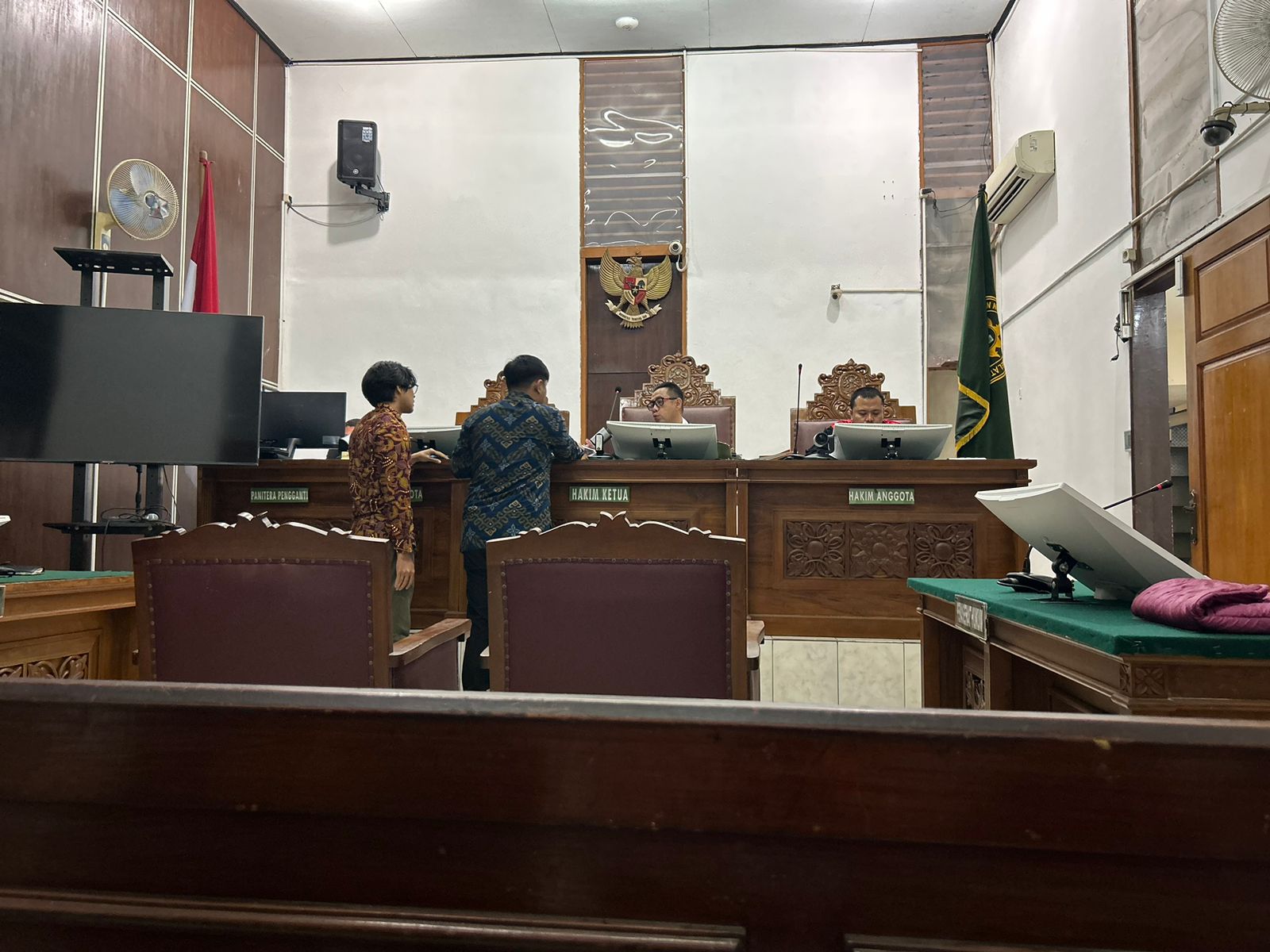10 December 2024 3 menit
Bank Mandiri Fails Again to Procure Administrative Documents Facing Greenwashing Lawsuit

Press Release
Jakarta, December 10, 2024—TuK INDONESIA’s civil lawsuit against Bank Mandiri concludes its third hearing at the South Jakarta District Court, once again highlighting the defendant’s lack of preparation to meet administrative requirements. As of the date of the hearing, Bank Mandiri had yet to register its Special Power of Attorney (Surat Kuasa Khusus or SKK) through the One-Stop Integrated Service (PTSP), a primary requirement for court representation.
Linda Rosalina, Executive Director of TuK INDONESIA, criticized this failure as a disregard for the legal procedures that should be followed. “The Power of Attorney is a critical document that must be filed beforehand to allow legal representation in court. This lack of readiness demonstrates a lack of seriousness on Bank Mandiri’s part in addressing the lawsuit. The judge should issue a firm reprimand to Bank Mandiri’s legal counsel for this negligence,” Linda emphasized.
The next hearing is scheduled for Tuesday, December 17, 2024, and will focus on mediation led by the Mediator Judge. Linda expressed hope that the mediation will not be a mere formality but instead yield concrete steps demonstrating good faith from Bank Mandiri. “This mediation is an opportunity for Bank Mandiri to show genuine concern for the impacts of its funding policies, though we remain cautious in our expectations,” she added.
Although the lawsuit aims to increase transparency among financial institutions, especially those supporting high-risk palm oil plantation companies, skepticism about Bank Mandiri’s goodwill continues to mount. Financial support for such companies has led to deforestation, water pollution, human rights violations, and other devastating effects—not only economic losses but also the destruction of locals’ livelihoods and the environment.
Bank Mandiri’s failure to comply with basic requirements, such as filing the Special Power of Attorney, for three consecutive hearings reflects its indifference to the allegations presented. This reinforces the notion that Bank Mandiri, one of Indonesia’s largest financial institutions, has yet to prioritize social and environmental accountability in its policies and operations.
This case serves as an important reminder that economic growth cannot come at the expense of the environment and people’s lives. “Projects funded by financial institutions should not only focus on financial profits but also consider the long-term impacts on ecosystems and local communities,” Linda stressed.
The lawsuit’s implications extend beyond the directly affected communities, serving as a call to the banking sector as a whole to reflect on its role in building a sustainable future. If financial institutions continue to disregard the social and environmental impacts of their funding policies, they not only risk losing public trust but also exacerbate the climate crisis and ecological damage that are already escalating.
Documentation Link:
https://drive.google.com/drive/folders/1M0ksrMHLNUJJx-D91bb45yuYutGFewO0?usp=sharing
Contact Person:
Annisa
087884446640 / [email protected]
This post is also available in: Indonesian
